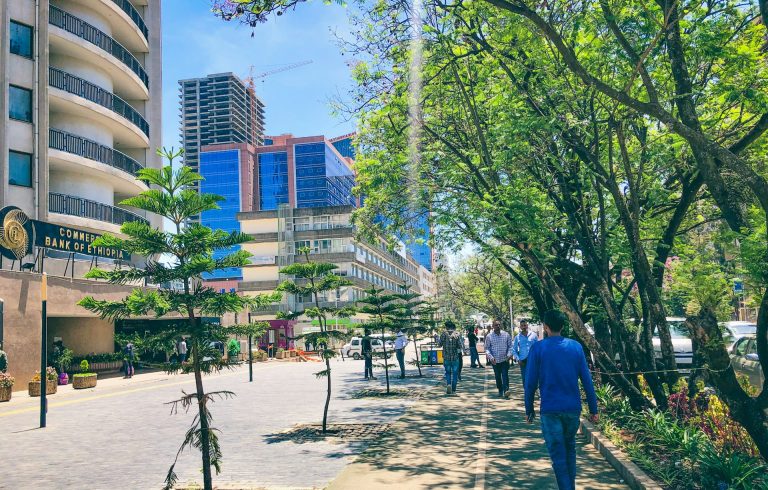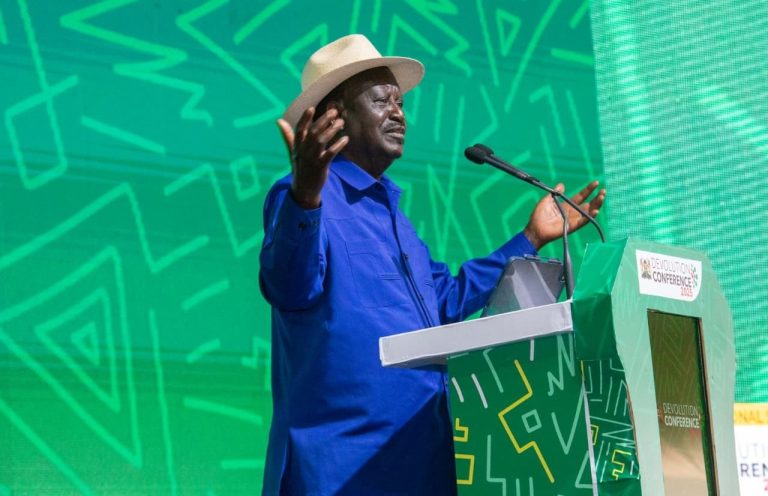- IMF extends Zambia’s $1.55bn bailout by three months until Jan. 2026
- Move signals progress on debt restructuring but highlights ongoing challenges
LUSAKA, ZAMBIA – The International Monetary Fund has extended Zambia’s bailout programme by three months, giving the copper-rich nation until January 30, 2026, to complete its next review.
The extension, approved by the IMF Executive Board, falls short of the 12 months Zambia originally requested. The country has so far accessed about $1.55 billion under the Extended Credit Facility, with an additional $385.7 million injected in June 2024.
Zambia defaulted on its debt in 2020, but officials say recovery is under way. Secretary to the Treasury Felix Nkulukusa said in July that about 92% of the country’s external debt had been restructured, with the remaining 8% still under negotiation.
The IMF said the programme’s extension would “allow sufficient time to complete the Sixth Review of the ECF Arrangement and lay the groundwork for future program engagement.”
Economic performance has shown resilience despite setbacks. Growth reached 4.0% in 2024, outperforming earlier forecasts, fuelled by mining and services. The Fund projects growth could hit 5.8% this year, supported by agriculture’s recovery from drought and continued strength in mining.
Still, Lusaka missed three end-March 2025 targets – on non-mining tax revenues, arrears clearance and reserve accumulation — though all end-December 2024 benchmarks were met.
“The government has had to balance debt restructuring with fiscal adjustments, so the extension gives room to complete the review without undermining credibility,” said Lusaka-based economist and policy analyst Chileshe Banda.
“The extension shows that Zambia’s reform process is still on track but requires a little more time,” Banda told Allen Dreyfus.
Investor confidence and copper market volatility
Analysts say the IMF’s decision provides continuity for international investors, particularly as Zambia’s key export, copper, faces volatile prices. Goldman Sachs forecasts copper to average $10,160 per tonne in 2025.
“It tells markets that the IMF still has confidence in Zambia’s programme,” Banda added. “That reduces uncertainty, which is exactly what investors look for when assessing risk.”










